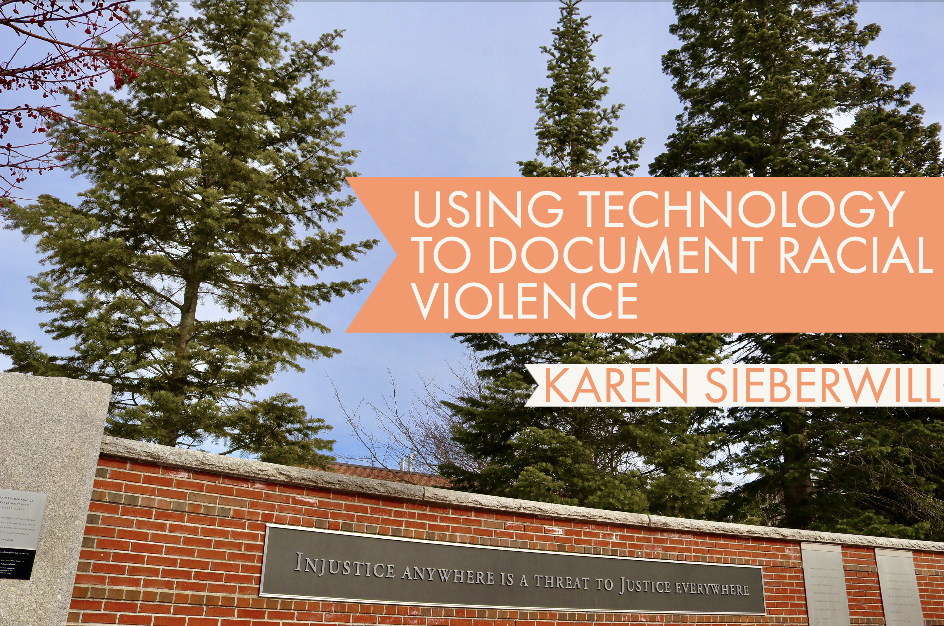On Feb. 25, Wendy Kasten, the chair of Aging Well in Waldo County sponsored a talk regarding violence in education as part of the Waldo Reads Together Project. “Using Technology to Document Racial Violence: On Finding History We Don’t Want To Remember” featured guest speaker Karen Sieber, digital humanities expert at the McGillicuddy Humanities Center. Sieber attempted to answer the question, “How can we better connect the public given history and context?” Sieber took the audience on her personal journey to place an emphasis on how important this question truly is.
Sieber began by explaining her interest in the intersection between travel and education as her primary motivator for her interest in her career. Sieber gave reference to Maurice Mayes’ Knoxville, Tennessee murder, the Red Summer and the Tulsa Massacre, Race Riots and the St. Louis Race Wars as significant historical events in the United States concerning violence and recognized as a cause for study.
Sieber noted that these occurrences are widely not discussed and when searched online, she found that there were only fragments of information rather than whole perspectives. Additionally, she found that most of the information available to people about these events isn’t digital, which emphasizes issues of accessibility and drove Sieber to attempt to document all of the information available in something known as a digital archive.
The digital archive that is now available uses an interactive timeline format which makes it a great resource for teachers across all grade levels to better utilize primary resources in the classroom. Similarly, this interactive timeline format makes learning about these instances in history more engaging and worthwhile for students.
To accurately compile a digital archive, Sieber took a year-long road trip in 2015, traveling 7,500 miles, visiting 25 institutions and collecting over 700 documents in a variety of forms, including: court reports, photos, news clips, telegrams, cartoons, coroner’s reports, souvenirs and even meeting minutes relevant to the instances of violence she was interested in learning more about and about those she was interested in bringing attention towards.
Sieber learned an immense amount from analyzing these documents by using an interactive geographical map to pinpoint similarities, differences and trends while analyzing the riots and was able to gain an understanding of the similarities and differences that had taken place throughout the country.
From her information, Sieber noticed certain social trends which carried through multiple historical events. She thought it was important to note that the police and other enforcement authorities either tended to oppose riots or weren’t involved in any capacity. Additionally, she noted that the rioting crowds were overall “insensitive,” meaning that the people participating in these riots were of varying socioeconomic class, race and gender.
Given the recent protests over police brutality throughout the country, this talk was especially relevant and meaningful. If people are interested in learning more about Sieber or her work, she may be found at www.ksieber.com. To access her digital archive, please visit www.visualizingtheredsummer.com. For more information on The Waldo Reads Together Project speaker series, visit https://agingwellinwaldocounty.org/waldo-reads-together/events/.










